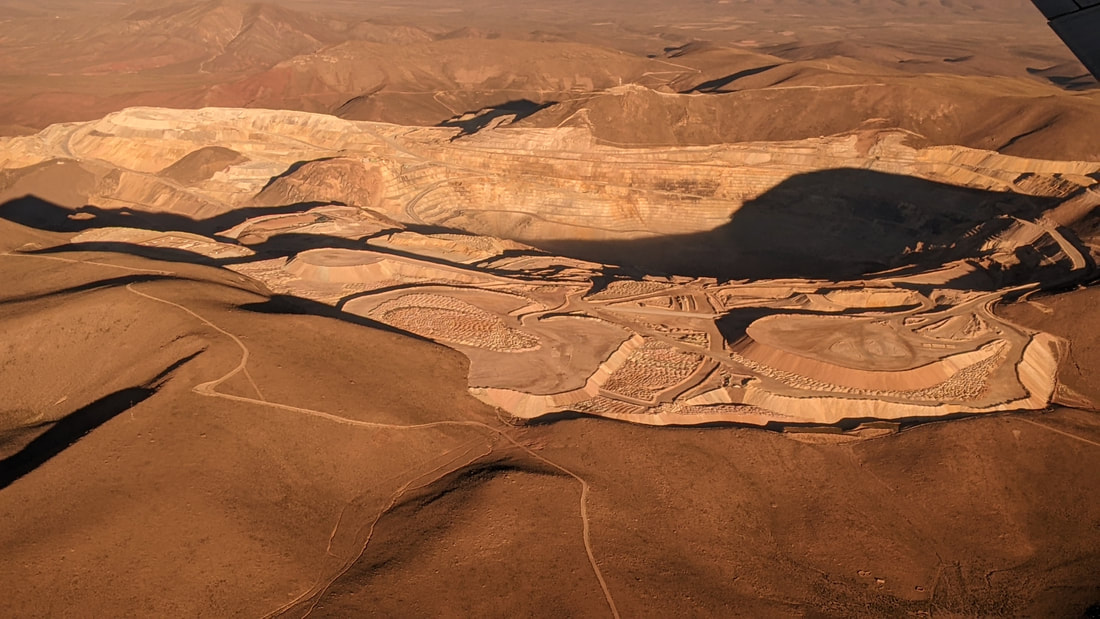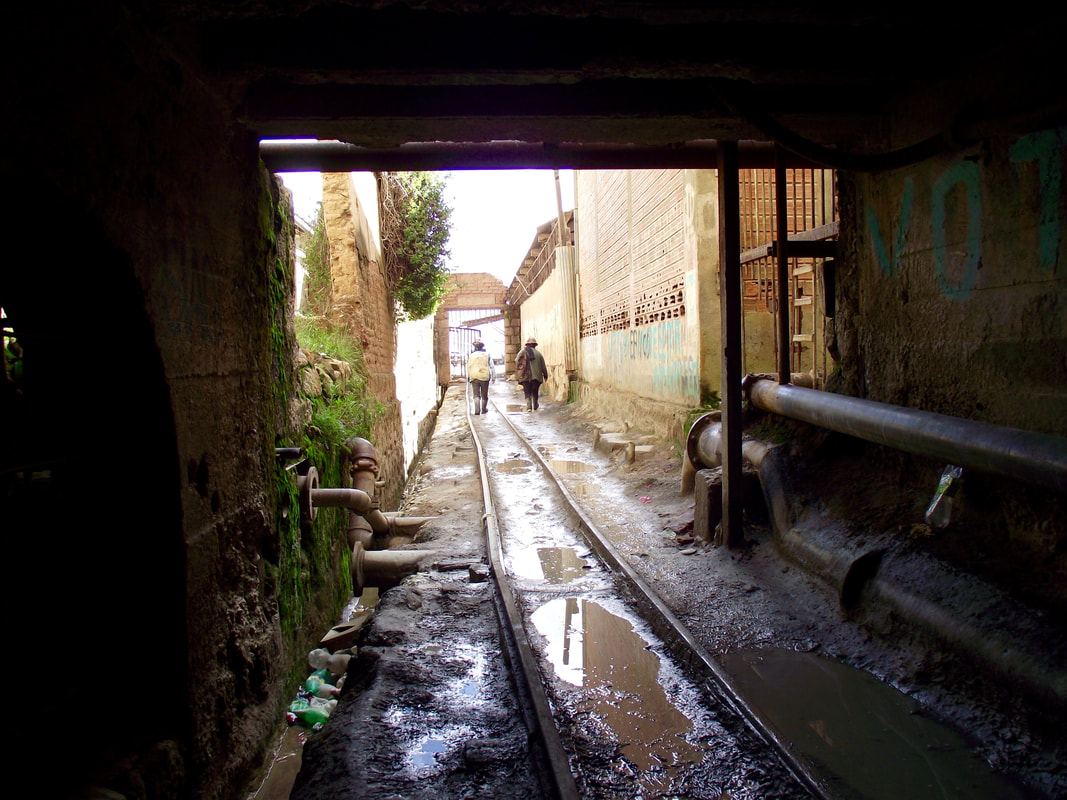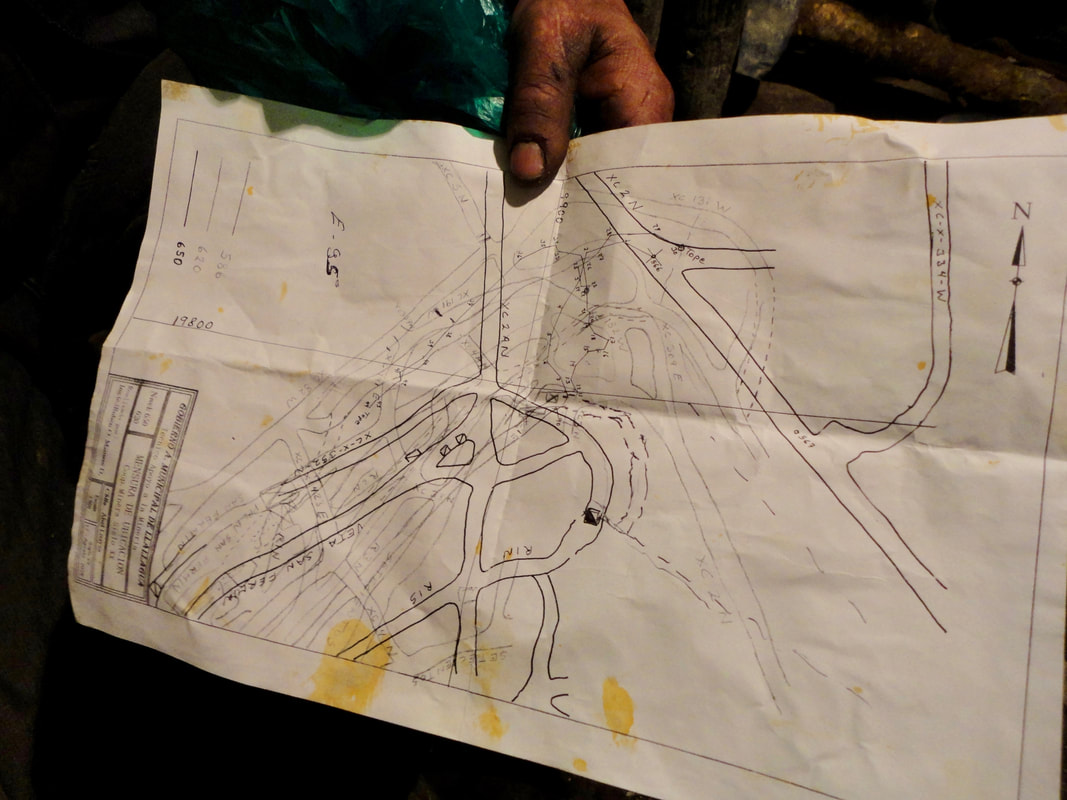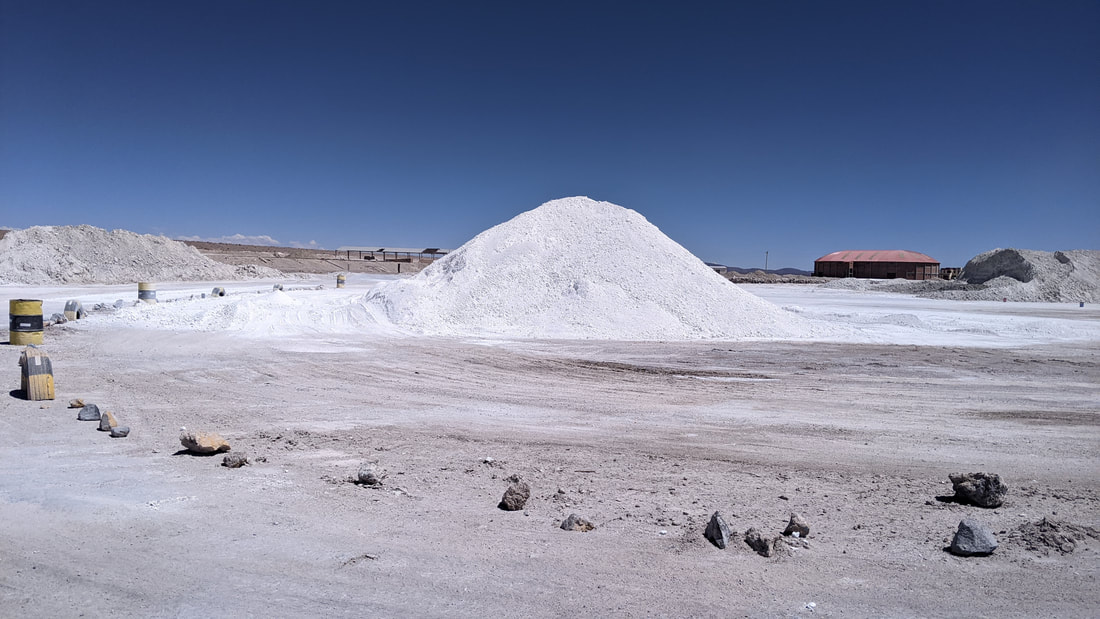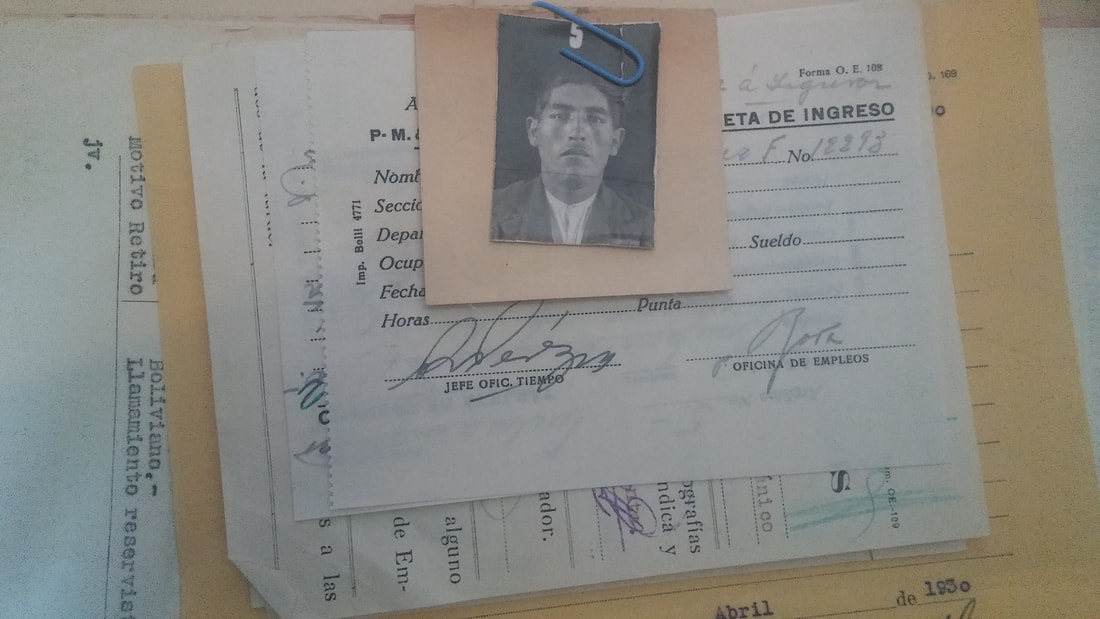I am a human-environment geographer with research and teaching expertise at the intersection of political ecology, political economy, development studies, feminist geography, and science and technology studies. Broadly, my research examines the political economies and cultural politics of natural resource governance and energy systems. My specific areas of interest include artisanal and small-scale mining; energy transitions and critical minerals; subterranean spaces and geological knowledges; toxic and post-industrial materialities; gold mining and global finance; energy storage and battery manufacturing; and community water governance. My book, Subterranean Matters: Cooperative Mining and Resource Nationalism in Plurinational Bolivia, will be published with Duke University Press in March 2024.
At the heart of my work is a commitment to showing how capital-letter Political and Economic processes - such as nation-building, commodity trading, monetary policy, geopolitical conflicts, global carbon emission targets, and so on - elicit and are elicited by socio-environmental changes that often take place on radically different spatial scales. For instance, a large central bank's decision to increase its gold reserves to ward against the negative impacts of economic sanctions can contribute to hiking the price of gold, which can in turn spark small-scale and artisanal gold rushes that show up as corporeal accumulations of mercury in surrounding communities. To trace these connections, I engage closely with both Marxian historical materialism and feminist theories of science and materiality. I consider myself an irreverent political economist: I believe that a robust theory of capitalism is indispensable to the study of resource and energy politics, but that capitalism itself is incomprehensible outside histories of colonialism, racism, and sexism, all of which inform contemporary resource economics.
Along these lines, I am generally interested in how extractive histories impinge on the present, both in terms of their material remains (machinery, slag heaps, mine shafts, medical conditions etc) and in terms of the socio-environmental formations they leave behind. For instance, members of a "historical energy community" in the US might have not only an economic interest in attracting new energy industries, but also a subjective attachment to the sector based on intergenerational narratives and senses of collectivity.
I am also concerned with how these histories shape contemporary distributions of harms and benefits across social space. My forthcoming book explores how access to subterranean spaces in a post-industrial tin mine in Bolivia is differentiated along lines of race and gender, and how this results in a similarly uneven distribution of toxic exposures and financial benefits among contemporary small-scale mining cooperatives.
I am also concerned with how these histories shape contemporary distributions of harms and benefits across social space. My forthcoming book explores how access to subterranean spaces in a post-industrial tin mine in Bolivia is differentiated along lines of race and gender, and how this results in a similarly uneven distribution of toxic exposures and financial benefits among contemporary small-scale mining cooperatives.
I have been interested in the politics of resource extraction since growing up in the small Canadian town of Barrhead, Alberta, where rural roads were lined with natural gas wells and an employment pipeline took people straight from high school to the oil sands. In 2006, I had a summer internship with a conservation NGO in Panamá, and I have been working in Latin America ever since.
My earliest research looked at Fair Trade craft certification in Ecuador and Argentina (2008-10) and community water governance in the Bolivian city of Cochabamba (2010-12). I recently completed a long-term project exploring the history and politics of tin mining cooperatives in highland Bolivia (2012-20, with the book manuscript forthcoming in 2024), and I am currently working on three collaborative projects: 1) geopolitics, global finance, and gold mining in the Bolivian Amazon, 2) Latin American energy transitions and (post)extractivisms, and 3) energy storage, energy security, and historical energy communities in the US. See the Research tab for more details on all these projects.
My earliest research looked at Fair Trade craft certification in Ecuador and Argentina (2008-10) and community water governance in the Bolivian city of Cochabamba (2010-12). I recently completed a long-term project exploring the history and politics of tin mining cooperatives in highland Bolivia (2012-20, with the book manuscript forthcoming in 2024), and I am currently working on three collaborative projects: 1) geopolitics, global finance, and gold mining in the Bolivian Amazon, 2) Latin American energy transitions and (post)extractivisms, and 3) energy storage, energy security, and historical energy communities in the US. See the Research tab for more details on all these projects.
I have been an Assistant Professor in the Department of Geography at Rutgers University since Fall 2019. I teach several graduate seminars (Geographical Perspectives; Environment and Development; Politics of Nature) and undergraduate classes (Environmental, Society, and Social Justice; Geography of Latin America; Development Geography; Feminist Geography). I also advise a number of PhD and MA students, and welcome inquiries from prospective graduate students. Since coming to Rutgers, my research has been supported by a Mellon/ACLS Faculty Fellowship (2022-23), the Rutgers Research Council's Social and Racial Justice Award, and the Center for Latin American Studies.
I completed my PhD in Geography at UC Berkeley (2019), where my work was funded by a Pierre Elliot Trudeau Foundation Scholarship, a SSHRC Doctoral Scholarship, and an ACLS/Mellon Dissertation Completion Fellowship. Prior to that, I received my MA in Geography at the University of British Columbia (2012) and my BA in International Comparative Studies and Environmental Science and Policy at Duke University (2009).
